
Diversity trainings as currently practiced are unlikely to change police behavior, suggests an analysis of a day-long training session designed to increase U.S. police officers’ knowledge of bias and use of evidence-based strategies to mitigate bias.

Where are all the neurodivergent scholars and research participants? Eight scholars make the case for greater adoption of open scholarship practices, “slow science,” intersectional collaboration, and more.
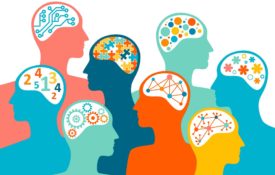
The association’s highest honors recognize psychological scientists for a broad range of contributions to psychological research and the field.

Five psychologists delve into the realities of doing psychology for many students, scholars, and practitioners in the Arab region and provide recommendations for advancing psychological science in non-WEIRD countries.
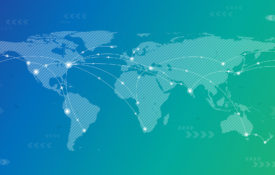
Changes at the flagship journal align with two strategic goals in APS’s five-year strategic plan.

Two Filipina researchers advocate for broader representation in academic psychology and outline considerations for others whose first language is not English.

A team of researchers around the globe explores the underpinnings and consequences of the legacy of dominance by researchers from "WEIRD" countries.

In doing the research necessary for generalizable psychological science, the field must confront the inconvenient realities of where the science must take place.

Psychological science's long-term viability may depend on solving the "WEIRD" problem.

We celebrate Black History Month 2022 with a collection of flash talks from the 2021 Virtual Convention that discuss race, anti-racist behaviors, and more.
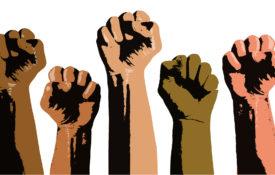
Research suggests that taking steps to create more equal social environments may be more effective at reducing prejudice than targeting implicit bias directly.

An unprecedented confluence of forces has created what many psychological scientists consider an existential threat to the field. APS members share their concerns and hopes.

DiSSECT is an innovative effort to facilitate antiracist progress in graduate education.

Longtime champions of social justice Patricia Gurin, James Jones receive inaugural James S. Jackson Award.

Automation may be associated with anti-immigrant sentiment by increasing perceptions of both realistic threat arising from competition for economic resources and symbolic threat "arising from changes to group values, identity, and status.”

Analyzing the mind as a computer has proved highly generative, but it may also overlook its interdependence with the environment, writes Shinobu Kitayama.

In her inaugural column as APS President, Jennifer Eberhardt, with colleagues Hazel Rose Markus and MarYam Hamedani, urges collaboration with practitioners.

The implied disapproval that accompanies being tolerated may exact a toll on individual well-being.

Pipeline programs (also known as pathway programs) are designed to provide support and resources to aspiring, early-career, and established scholars from diverse ethnic, gender, and economic backgrounds.

Jennifer L. Eberhardt and Jennifer A. Richeson explore the persistent mythology of racial progress--a prevailing narrative that progress toward racial equality is steadily, linearly, naturally, and automatically getting better across time.

Diversity is central to the moral, educational, and civic mission of universities, and students have an important role to play in creating more inclusive institutions.

Psychological scientists have long studied bias, from explicit and implicit attitudes to stereotypes and structural inequality. Now they’re working to apply those findings within the field itself.
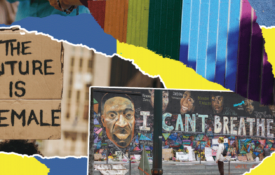
Sarah Gaither shares how her experiences as a biracial individual have informed her psychological research on identity.

The study of people’s reactions to shifts in national demographics illuminates the broad psychological, social, and political implications of growing diversity across the world, says social psychologist Jennifer Richeson.

Academic publishers confront a stubborn absence of diversity in psychological science journals.

Previews of emerging research on inclusivity by early-career psychological scientists.
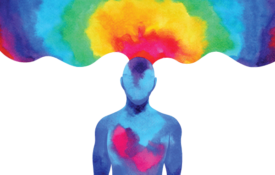
Individualism is thought to be on the rise in Western countries, but new research suggests that increasing individualism may actually be a global phenomenon.

Research suggests that meaningful day-to-day personal contact might mitigate the 'hunkering down' mentality that arises when communities become more diverse.

Examining companies with local and ex-pat employees, researchers find that recognizing diversity can actually encourage people to help each other instead of sparking conflict.

In a lively keynote address at the 2014 APS Annual Convention, APS Past President Mahzarin R. Banaji explains how our tendency to divide ourselves into groups operates beneath our awareness.
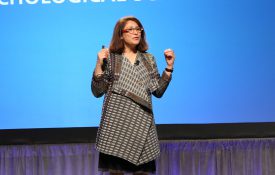
A small cue of social connection to someone from another group — such as a shared interest — can help reduce prejudice immediately and up to six months later.

Facing news of economic decline in the US and loss of international status may motivate opposition to actions that seem to compromise American group identity.
